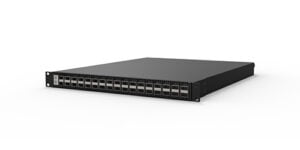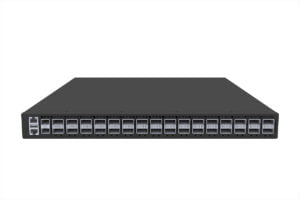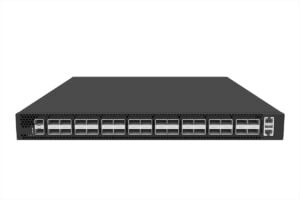Further know about Asterfusion SONiC network Operating System”AsterNOS”
written by Asterfuison
Table of Contents
Asterfusion is the only vendor on the market using SONiC network Operating System to support Teralynx , Intel Tofino, Marvell octeon to develop full series SONiC based white box switches.
Open-source Network operating system is increasingly popular nowadays, but most of them are deployed Broadcom switching chips of the community version. Meanwhile, with the trend of software-defined network development, more and more innovative technologies are thriving to change the landscape of the data centers and cloud networks, what do these innovations bring to us? There are some questions still haven’t been answered, such as ……
- Intel Tofino chips with P4 programmability and Teralynx chips with ultra-low-latency performance, how’s extent of support open source SONiC offers to those chips in data center scenarios?
- Can cost-effective switches used in small-scale networks also be deployed with a feature-rich SONiC NOS?
- Will there be any new application scenarios when programmable switching chips and DPUs with SONiC NOS are combined?
Let us take these questions to explore our Asterfusion’s SONiC network.
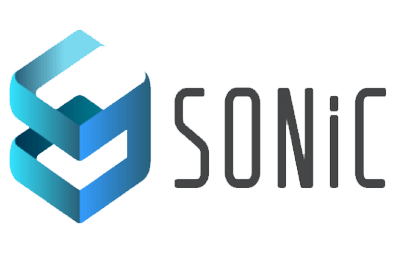
Why SONiC Network Operating System
- Containerization: The container -based architecture enables users’ containers (applications) such as SNMP, to be upgraded without data plane downtime.
- Portability: Switch Abstract Interface (SAI) allows ASICs from different ASIC vendors to support it.
- Scalability: Enterprise users can easily insert new components, third-party, proprietary or open-source software, and customize it according to their needs.
- Visibility: Open Source-Oriented Network Operating System with Visible Source Code and No Security Vulnerabilities.
Why AsterNOS
- A feature rich and ready to use Enterprise SONiC Distribution for campus and data centers
- One stop support for full software stack plus hardware
- A feature rich SONiC software support multiple merchant switching silicon platforms
Overview of Enterprise SONiC Distribution – AsterNOS
- Based on standard Linux, SONiC and SAI
SONiC and its associated SAI (Switch Abstraction Interface) are open source projects that have flourished in open cloud networking field in recent years. They are built on top of standard Linux systems and leverage the latest technologies such as containers and in-memory database. AsterNOS built with it as its kernel benefits from its open architecture, modular design, high reliability, and flexibility to expand new features in control plane.
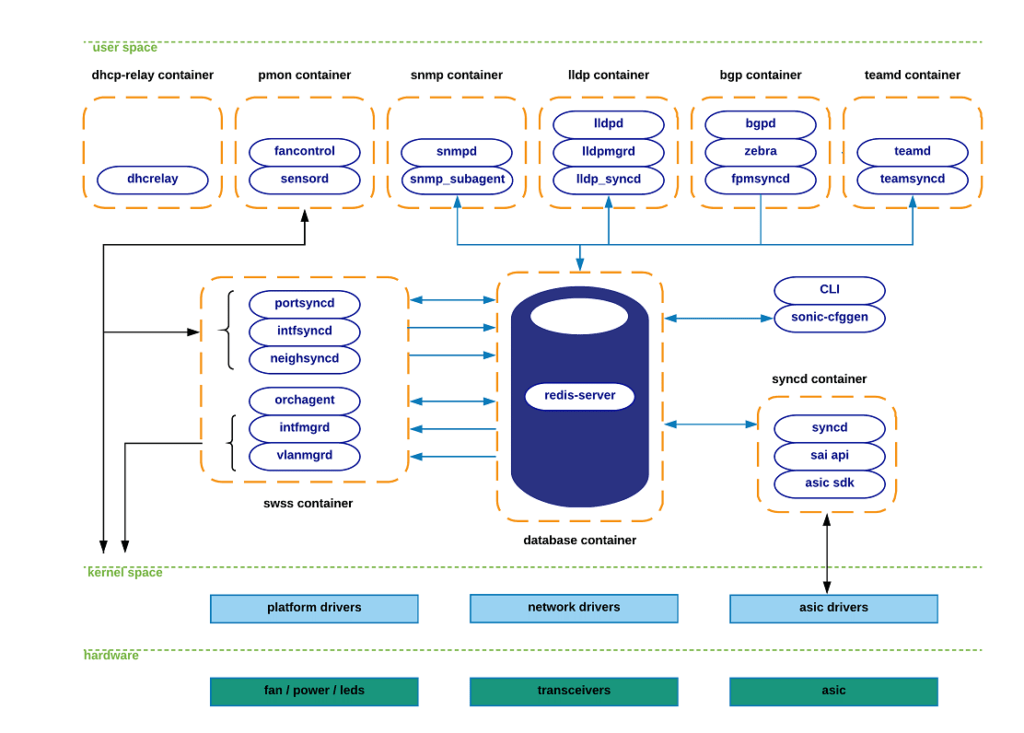
- Programmable interface
AsterNOS provide RESTful API as first order management interface for all its functionalities as well as legacy CLI interface. By using the RESTful API, the switch systems can be fully controlled and managed by northbound controllers or any newly developed applications.
- Cloud Integration
When deploy switches with AsterNOS alongside Asterfusion’s SDN Controller , cloud administrators can manage all the switches in the Leaf-Spine topology as a single virtual switch. When using standalone, our SDN controller provides our SONiC software ZTP, network topology discovery, one-click underlay and overlay service configuration and etc. When integration with cloud controller, it works as OpenStack neutron plugin, thus OpenStack compatible management stack will manage all the switches as computing and storage being managed.
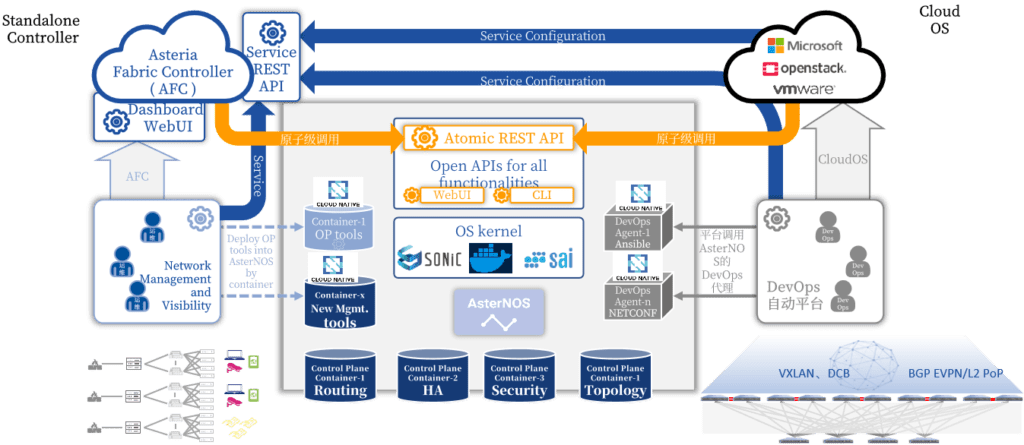
- Underlay Features :
Asterfusion’s SONiC NOS( AsterNOS ) provides standard underlay features including L2 and L3 switching, routing protocols, L3 ECMP & WCMP, MC-LAG and etc.
- Overlay Features – VXLAN/ VXLAN-EVPN Implemented
AsterNOS implements MP-BGP EVPN with VxLAN and L2 population, it provides VxLAN tunnel auto provisioning and an optimized ARP proxy, also it provides the high availability in the EVPN including MC-LAG, fast recovery on data plane and EVPN graceful restart.
- Asterfusion SONiC NOS Supports Multiple Switch Chip
AsterNOS supports several data center switch chips in a single software release, in the release of 2021Q4, AsterNOS officially support the following:
➢ Marvell OCTEON (Asterfusion CX Hardware)
➢ Innnovium Teralynx (Asterfusion CX-N Hardware)
➢ Intel Tofino (Asterfusion X-T Hardware)
➢ NVidia Spectrum (Mellanox SN2700/SN3700 Hardware)
Features Specification
Layer2 Switching
- VLAN : 4096 VLAN / VLAN access mode / VLAN trunk mode /VLAN-based MAC learning
- LAG/LACP :Maximum 256 aggregation groups / Maximum 128 interfaces per aggregation group
- MAC :Max 120K MAC addresses / Dynamic learning / Static configuration / MAC entry priority /MAC aging
- LLDP :Neighbor discovery & aging /Layer 2 mode /Layer 3 mode/ TX only, RX only and TX/RX / Custom TLV
- Spanning Tree : STP / MSTP
- Jumbo Frame :9K
Layer3 Switching
- IPv4 / IPv6 : Forwarding /IPv6 NDP / IPv6 ND proxy
- ARP :Static ARP /Dynamic ARP / ARP aging and update / Free ARP /ARP proxy
- Routing Protocols : Static route / BGP / MP-BGP / OSPF / IS-IS
- Multipath : ECMP up to 64-way / Resilient hash Re-engineering Cloud Networks
- DHCP : DHCPv4/v6 /DHCPv4 &v6 server / DHCPv4/v6 relay
- Multi VRF : 256 VRF
- Monitoring link : Uplink/downlink status triggering
Virtualization: VXLAN / VXLAN- EVPN
- VXLAN :Encapsulation/ decapsulation /VTEP / Overlay L2 forward / Overlay L3 gateway / L3 distributed gateway ARP suppression
- BGP EVPN :VXLAN tunnel automatic establishment/tear down / Virtual network routing dynamic population / Distributed gateway / Symmetry IRB / ARP suppression / VM migration
High Reliability
- System : Features deployed in container /Configuration database
- VLAG/MC-LAG :Virtual tunnel based Multi-Chassis LAG / Physical link based Multi-Chassis LAG
- BFD :Static routing / BGP / OSPF
- Network Quality Analysis : SLA / In-Network-Telemetry meta data / Mirror-on-drop
Security Protection Policies
- Access List :ACL for IPv4/v6 /DSCP mapping and labeling /ACL on ingress / ACL on egress
- Control Plane Protection :IPv4 CoPP / IPv6 CoPP /Traffic shaping
- AAA :TACACS+
QoS
- Basic Feature :Multi queue scheduling /DSCP mapping queue/Bandwidth policy / Bandwidth guarantee / Tail drop/ WRED
- Data Center Feature :PFC / ECN / ETS / DCBX
- Advancing Data Center Feature: QCN / DCQCN / DCTCP / RoCEv2
Easy Network Operation
- Management UI : CLI /RESTful API / gRPC north bound
- DevOps :Ansible
- Easy Management : SSH on RJ45 management ports /System status monitoring via BMC / ONIE Install / ZTP /Online Upgrade/ NTP /SNMP
- Monitoring : SPAN /ERSPAN /Syslog / CRM
Q&A
Q1:How AsterNOS is differ from SONiC Community ?
A: Firstly ,AsterNOS is a commercial SONiC NOS compare to native SONiC community, which means for enterprises, AsterNOS it’s ready to use version, especially we have optimized and upgraded network virtualization functions (Overlay Network), such as VXLAN &BGP- EVPN.
The following table is a comparison of parts of functions of AsterNOS and SONiC community version in Q4 of 2022. If you want to know the full comparison list, please send an email to bd@cloudswit.ch
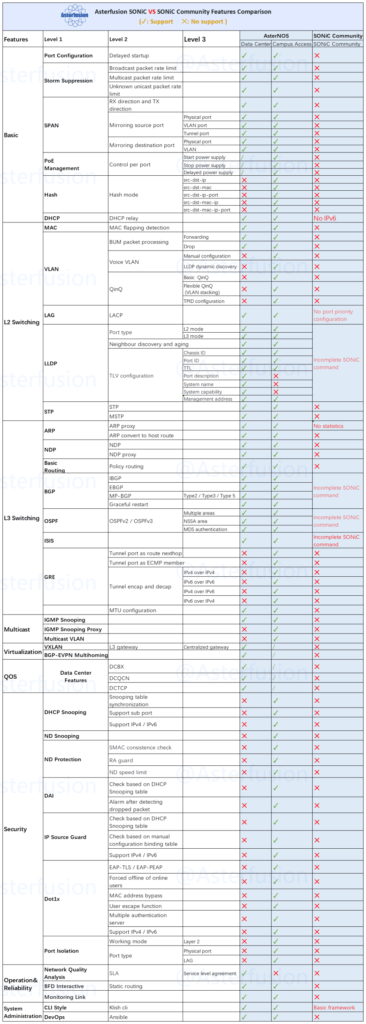
Q2: How AsterNOS is differ from other SONiC Software?
A: AsterNOS work on both Marvell Teralynx and Intel Tofino, . Making SONiC be able to run these switch chips smoothly, which is our value to help people who want to use innovated features on today’s new switch chip other than broadcom.
For more, please send an email to bd@cloudswit.ch
Q3:Does Asterfusion SONiC NOS support VXLAN- EVPN , Vxlan and MC LAG ?
A: yes,Our AsterNOS fully support EVPN, Vxlan and MC LAG
Related Products
